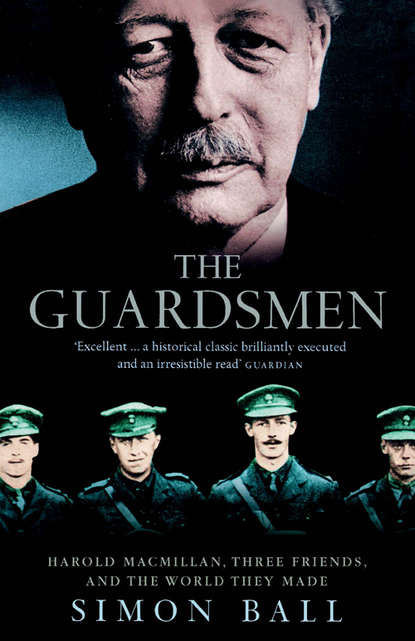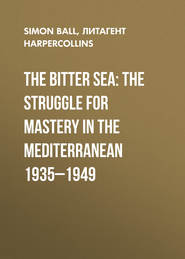По всем вопросам обращайтесь на: info@litportal.ru
(©) 2003-2024.
✖
The Guardsmen: Harold Macmillan, Three Friends and the World they Made
Настройки чтения
Размер шрифта
Высота строк
Поля
(#litres_trial_promo)
It was entirely logical for Macmillan to concentrate his activities on ginger groups. What surprised many is how assiduously he stuck to the idea once it had become politically counter-productive. Indeed, until he finally entered the government in 1940 he displayed a positive passion for such cabals. For most of the 1924 to 1929 Parliament, however, the political strategy that had sent him down this road seemed to hold good. Macmillan rapidly became involved with two groups. One was the northern MPs: a regional alliance that was largely one of convenience – they would all sink or swim together. The other ginger group resembled more closely Wood’s successful model. By the middle of 1925 they were already being given names like the EYM (Eager Young Men).
(#litres_trial_promo) Like its predecessor, it was made up of men drawn from the same political generation and at much the same point in their careers. At its core were two young aristocrats, Oliver Stanley and John Loder, two Scottish MPs, Bob Boothby and Noel Skelton, and Macmillan himself.
The aim of a ginger group was to benefit all of its members. It was inevitable, however, that some would be left behind. As the party managers selected the cream of the crop, the group would dissolve. The problem for Macmillan was that most of his new-found allies had more obvious talents than himself. John Loder had charm – he could get away with admitting that he would have joined the Liberal party if it had still been a credible political organization. Noel Skelton flung out interesting ideas with ‘reckless prodigality’. Oliver Stanley had impeccable political connections through his father, Lord Derby. He could afford to sow his political wild oats in the happy knowledge that the party leadership would view him with indulgence. Like Cooper’s, his maiden speech was heavily trailed and widely hailed. It made the right noises about political harmony. Also like Cooper, Stanley used humour well.
(#litres_trial_promo) Some people regarded Stanley as an empty suit. The perceptive Cuthbert Headlam had dinner with Stanley and Macmillan at the end of their first year in Parliament. Of ‘the two rising hopes of the Conservative Party’ he said, ‘The latter strikes me as much the abler of the two, but of course the former has the greater backing’.
(#litres_trial_promo) As a result it was Stanley who came to be regarded as a future liberal Conservative prime minister. Boothby was quite different. He was very young. Born in 1900, his war service had amounted to nothing more than training with the Scots Guards. There was something wild, even a little dangerous about Boothby. Both Macmillan and Boothby were offensive about the opposition in their maiden speeches. Whereas Cooper and Stanley had got their digs in by using humour, and had been well received, many were offended by Boothby and Macmillan. The difference was that Boothby was offensive with brio and panache. Macmillan tried to savage his opponent by reading him an essay.
(#litres_trial_promo)
Within two years, the eager young men of 1925 had acquired a more enduring sobriquet, the YMCA. It implied that they were keen but priggish, lecturing their elders on the best way to run things. Like all young, talented and ambitious men they aroused their share of animus. Yet they always kept on the right side of the party managers, claiming as their inspiration Baldwin himself. It suited the prime minister to be seen encouraging voices of progressive Conservatism. Part of his political strategy was to reach out to all non-socialists and form a grand union of the centre and the right.
(#litres_trial_promo) The YMCA were a useful tool in pursuit of that goal. Macmillan was convinced that ministerial office was just round the corner.
Like his model, Edward Wood, he intended to make his mark with a short book publicizing the ginger group. His first trial balloon for the book was a letter to The Times
Вы ознакомились с фрагментом книги.
Приобретайте полный текст книги у нашего партнера:
Приобретайте полный текст книги у нашего партнера:






